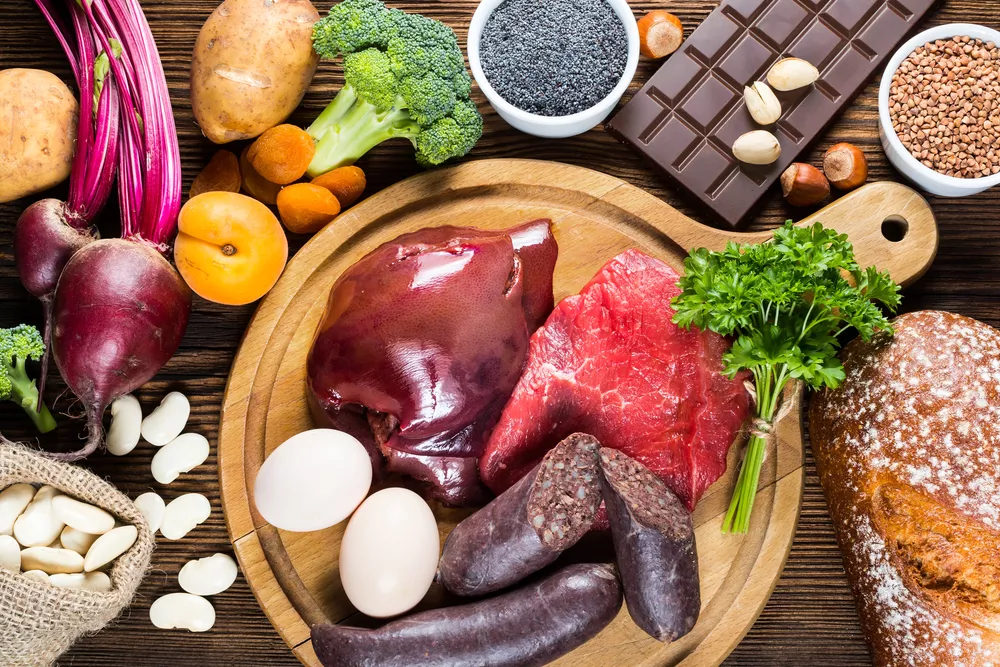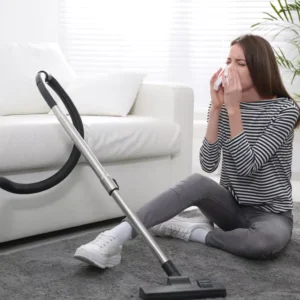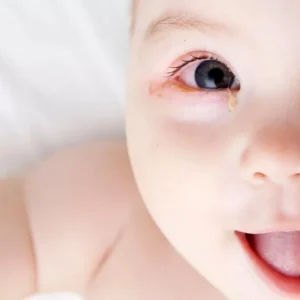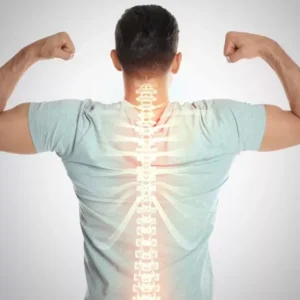The ferritin is the protein that ensures iron storage in the body. A low ferritin level is a sign of a reduction in iron reserves and therefore of an iron deficiency which can lead to anemia. The causes of low ferritin vary by gender.
At what threshold is the ferritin level considered low? What are the possible causes? What could be done to fix it ? Answers.
When do we talk about low ferritin?
A normal ferritin level is between 20 and 400 nanograms per milliliter (ng/ml) of blood. This rate varies depending on the age and sex of the patient, but also depending on the analysis technique used.
We consider that there is an iron deficiency (decreased iron reserves) when ferritin is less than 20 ng/ml in women, 30 ng/ml in men and postmenopausal women.
Low ferritin: increased risk of anemia
A iron deficiency increases the risk of anemia. Anemia occurs when there is not enough hemoglobin in the body to carry oxygen to organs and tissues. Anemia sets in very gradually in the body.
At first, it does not cause any symptoms because it is well tolerated by the body. But when it has been present for a while, it can manifest itself by various symptoms: fatigue, headaches, paleness, dizziness, shortness of breath on exertion, muscle weakness, etc.
What causes low ferritin?
Iron deficiency may be linked to:
- insufficient food intake;
- intestinal iron malabsorption (observed in celiac disease);
- an increase in iron needs (pregnancy, growth, blood donations, inappropriate diets, etc.);
- significant blood loss (digestive or gynecological).
In women, the most common causes are metrorrhagia (bleeding outside of periods) and menorrhagia (heavy and/or long periods). Iron deficiency is also common in pregnant women.
In men, a digestive problem is most often to blame (hemorrhoidshiatal hernias, ulcers, ulcerative colitis, hemorrhagic gastritis, etc.).
It is possible to prevent iron deficiency by adopting a varied and balanced diet. Certain foods are particularly rich in iron, they should be favored if your ferritin is low:
- Red meat ;
- the blood sausage;
- liver ;
- the crustaceans ;
- dried vegetables (lentils).
Also eat foods rich in vitamin C because it improves iron absorption. Vitamin C is found in significant quantities in citrus fruits, parsley, peppers, broccoli and even kiwi.
Limiting your alcohol consumption can also affect your ferritin levels. As a reminder, alcohol can hinder the intestinal absorption of iron.
Iron supplementation (tablets, capsules, drops, etc.) can also help you return to normal ferritin levels. It is recommended to consult a health professional before starting an iron treatment because excess iron can be harmful to your health.

Journalist
May 21, 2024, at 12:10 p.m
100% Readers found this article helpful And you ?
Was this article helpful to you?













